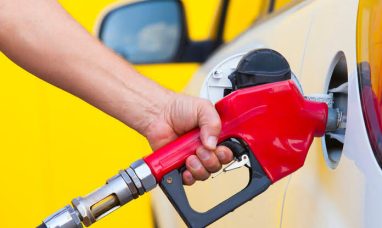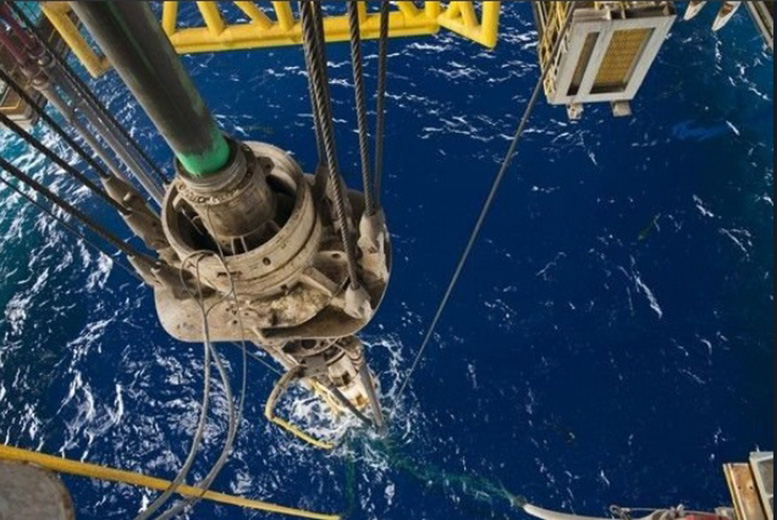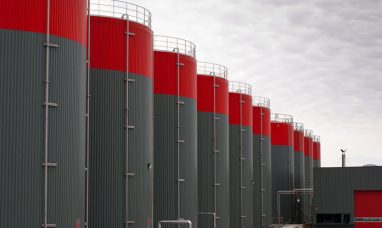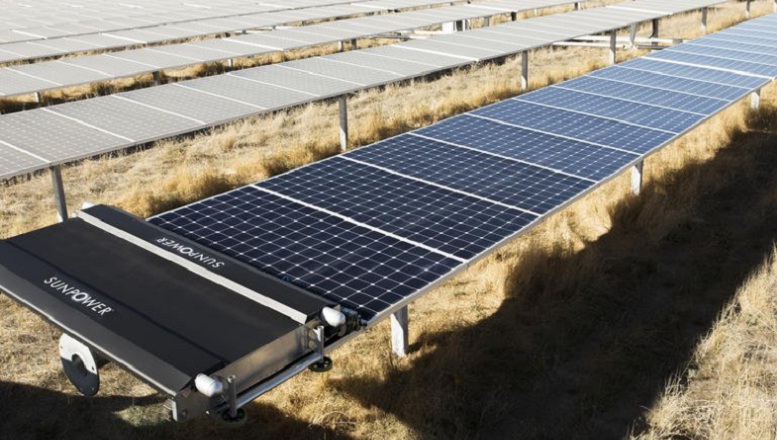As part of Mexico’s efforts to ensure the sustainability of its energy sector and make better use of its hydrocarbon reserves, Mexico is now planning to hold four more gas and oil block tenders by November of next year. At a news conference, Energy Minister Pedro Joaquin Coldwell disclosed that in addition to the three auctions that have been already been announced, there will be a fourth one, which will offer a combination of shallow and deepwater blocks, as well as shale gas deposits.
Reuters noted that November 2018 will mark the end of President Enrique Pena-Nieto’s six-term, and he cannot seek reelection. Andres Manuel Lopez Obrador, a potential successor, has publicly criticized the energy reform that Pena-Nieto started when he was first appointed president, and he has vowed to hold a referendum to remove parts of this reform.
If Lopez Obrador is elected, it is likely that he will choose to end further oil and gas tenders, which could be one of the reasons as to why the current government is rushing to auction as many blocks as possible while it still has the chance.
Additionally, Coldwell stated at the news conference that the next auction for 2017 will take place next week, and the terms for the following, which are focused on deepwater deposits, should be revealed by the end of the month.
In June, Mexico tendered 15 offshore blocks and gave ten of them to individual companies and consortia, such as Shell (AMS:$RDSA), Total (EPA:$FP), Lukoil (MCX:$LKOH), Eni (BIT:$ENI), Cairn Energy (LON:$CNE), and Colombia’s state-owned oil company Ecopetrol (NYSE:$EC).
At the same time, Coldwell said the the combined production from the ten blocks could hit 170,000 barrels per day, with investments established at up to US $8.2 billion.
Currently, Mexico is fighting declining oil output, which, the energy regulator stated earlier in 2017, has the potential to lead to a depletion of its oil reserves in less than a decade unless new discoveries are made. As of right now, Mexico produces around 2 million barrels of crude daily, compared to 3.38 million barrels per day back in 2004.
Featured Image: depositphotos/© ssuaphoto








